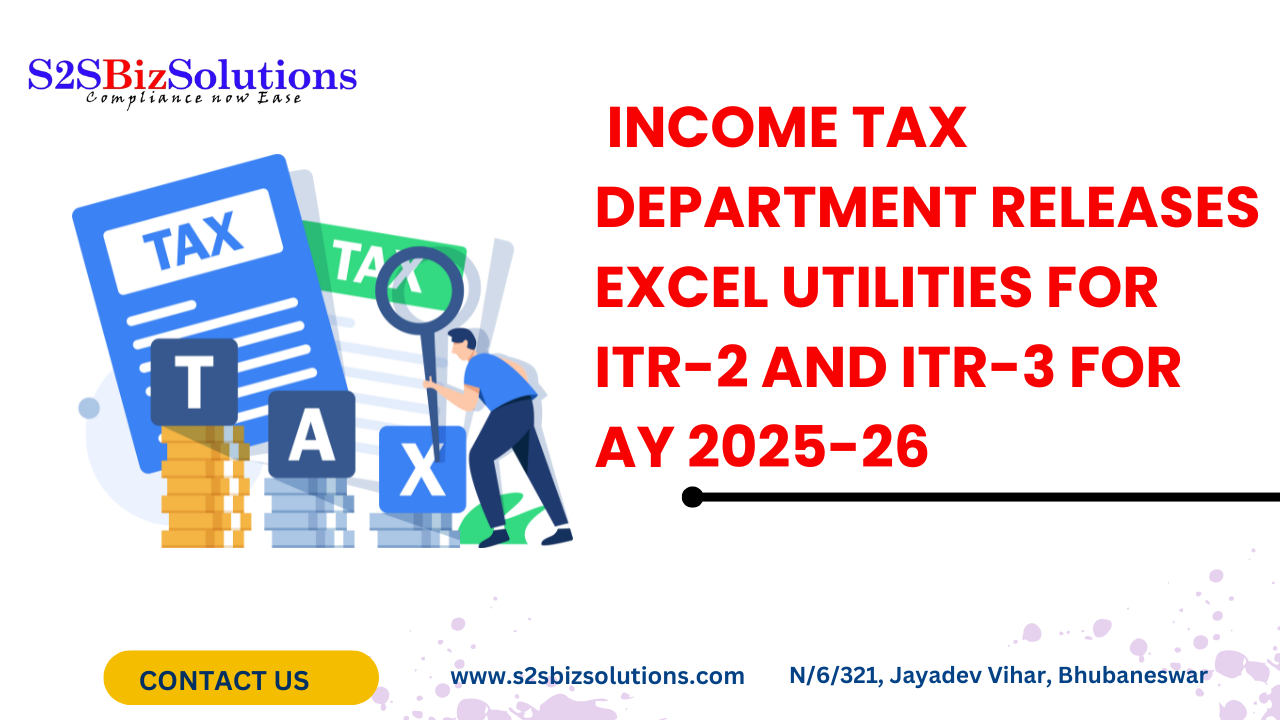
Understanding Reverse Charge Mechanism (RCM) under GST
When we talk about "inward supplies liable for reverse charge," we’re referring to situations where a business receives goods or services, and the recipient—not the supplier—is required to pay GST. This falls under the Reverse Charge Mechanism (RCM), an important concept in the Goods and Services Tax (GST) framework in India.
What is an Inward Supply?
An inward supply means any purchase or receipt of goods and services by a business. Under normal GST rules, the supplier collects GST and pays it to the government. But under RCM, this responsibility shifts to the recipient of goods or services.
How Does Reverse Charge Work?
-
Normal Scenario: Supplier collects GST → Deposits to Government
-
RCM Scenario: Recipient pays GST directly → Can later claim Input Tax Credit (ITC)
Common Scenarios Where RCM Applies
You might have to pay GST under reverse charge in the following situations:
-
Purchase of goods transport services from an unregistered GTA (Goods Transport Agency)
-
Legal services received from an advocate or firm of advocates
-
Services via e-commerce platforms where specified
-
Purchases from unregistered dealers (in certain notified cases)
-
Certain goods like cashew nuts, bidi wrapper leaves, etc., from agriculturists
GST Return Filing for RCM
If you’re liable to pay GST under RCM, you must report it properly in your GST returns:
-
GSTR-3B
-
Report under Table 3.1(d): Inward supplies liable to reverse charge
-
-
GSTR-9
-
Report in annual return if applicable
-
Why Payment is Mandatory under RCM
Here’s why you must pay GST under RCM during return filing:
1. ITC is Allowed Only After Payment
You can claim Input Tax Credit only after paying the tax in cash through the Electronic Cash Ledger.
2. ITC Cannot Be Used to Pay RCM Tax
Unlike outward GST, RCM tax must be paid in cash and cannot be adjusted using available ITC.
3. Legal Obligation
Sections 9(3) and 9(4) of the CGST Act (and respective SGST/IGST Acts) mandate RCM payment.
4. Returns are Incomplete Without RCM Payment
If you declare RCM liability but do not pay, your GSTR-3B will be non-compliant.
Real-life Example of RCM
Scenario:
ABC Pvt. Ltd., a registered business, purchases raw materials worth ?50,000 from an unregistered dealer.
-
GST Rate: 18%
-
Tax Amount: ?9,000
-
Who Pays? ABC Pvt. Ltd. must pay ?9,000 to the government under RCM.
-
ITC? Yes, ABC Pvt. Ltd. can claim this ?9,000 as Input Tax Credit, subject to compliance.
RCM Workflow Summary
-
You receive a supply liable to RCM
-
You pay GST in cash in GSTR-3B
-
You claim ITC in the same or a subsequent return
Benefits of Reverse Charge Mechanism
-
Helps prevent tax evasion
-
Ensures tax compliance even from unregistered suppliers
-
Promotes transparency and accountability in the GST system
Need a List of Goods/Services Covered under RCM?
Want to know which goods and services are specifically notified under RCM? Contact us or comment below, and we’ll share the updated list with you.
Final Thoughts
Understanding and complying with the Reverse Charge Mechanism is crucial for every GST-registered business. It ensures that your tax filings are accurate, and your input credits are not denied due to non-payment of RCM liabilities.
For guidance, GST filing support, or detailed RCM applicability in your business case, reach out to S2S Biz Solutions – your reliable partner in tax compliance.


















